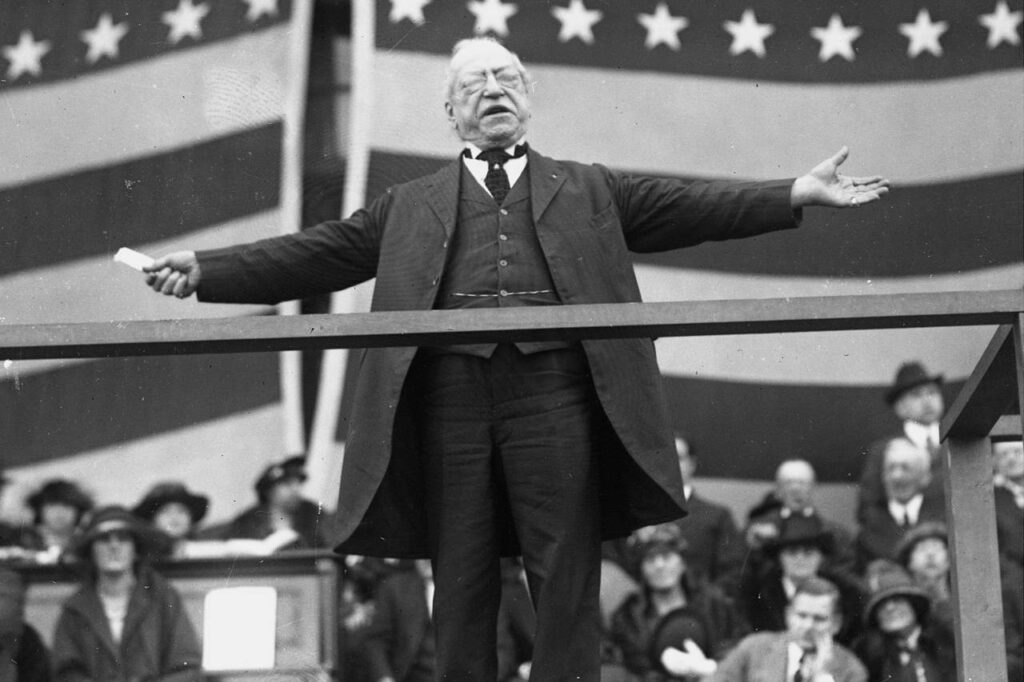Will Team Biden Weaponize Workers’ Pensions?
Big Labor abuse of worker pension and benefit funds as a means of advancing union bosses’ self-aggrandizing policy objectives is a familiar phenomenon.
Union ‘Colossus’: ‘No Lasting Gain Has Ever Come From Compulsion’

Facing a hostile 2020 political climate, Right to Work supporters across most of the country are focusing their attention and energy this fall on safeguarding protections against forced union dues and fees for the roughly 100 million private- and public-sector employees who already enjoy them.
At the same time, freedom-loving citizens in Minnesota, New Hampshire and Montana, as well as in other states like Delaware and Colorado, are turning up the pressure on state legislative and executive candidates to support passage of new state Right to Work laws.
Thanks to recent progress made by Right to Work proponents, a majority of states now have laws on the books prohibiting forced union dues and fees, and a majority of all Americans today enjoy the benefits of living in a Right to Work state.
Prices Lower, Living Standards Higher in Right to Work States
Public efforts to enact more state Right to Work laws are intensifying in part because such laws are understandably seen as a means for a state to attract new job-creating and income-raising business investments.
Early this year, U.S. employment and incomes plummeted as a consequence of the COVID-19 pandemic and the draconian “lockdown” measures to combat its spread instituted by public officials in the vast majority of states.
In recent months, the national economy has begun to recover, but it still has a long way to go to get back to where it was this February.
Consequently, state after state is now under increased pressure to capture as great a share as possible of all domestic growth.
“The evidence that prices are generally lower and living standards are higher in Right to Work states than in forced-unionism states is indeed compelling,” commented Matthew Leen, vice president of the National Right to Work Committee.
Regarding prices, Mr. Leen cited comparative cost-of-living indices for the 50 states published four times a year by the Jefferson City-based Missouri Economic Research and Information Center (MERIC), a state agency:
“MERIC’s indices show that, on average, forced-unionism states were 27.7% more expensive to live in last year than Right to Work states.
“And when you adjust U.S. Commerce Department data for regional differences in the cost of living with MERIC’s indices, you find Right to Work states had a mean 2018 after-tax household income of $60,806, roughly $4,300 higher than the forced-unionism state average.
“The four highest-ranking states have Right to Work laws on the books.
“And eight of the nine bottom-ranking states still lack Right to Work protections for employees.”
‘You Should Not Be Able to Force Someone to Pay You For The Privilege of Working’
As compelling as such data are, the fact is that grassroots support for Right to Work is driven primarily by moral concerns, not economics.
Today’s Right to Work activists recognize what American Federation of Labor (AFL) founder and President Samuel Gompers recognized a century ago. In his final address to the AFL, one of the two precursor organizations to today’s AFL-CIO, Mr. Gompers exhorted his fellow unionists:
“I want to urge devotion to the fundamentals of human liberty — the principles of voluntarism. No lasting gain has ever come from compulsion. If we seek to force, we but tear apart that which, united, is invincible.”
“Since 1924, union bosses have tragically turned the message of this labor colossus upside down,” said Mr. Leen, “but Samuel Gompers had it right: You should not be able to force someone to pay you for the privilege of working.
“This is a sound and unchanging principle.
“It is also smart politics.
“One recent and compelling illustration is the 2018 state elections.
“That year, union political strategists openly anticipated at least making substantial headway towards reinstating forced unionism in several of the five states — Indiana, Michigan, Wisconsin, West Virginia and Kentucky — that adopted and implemented Right to Work laws from 2012 through 2017.
“They failed completely. In 2019, Right to Work advocates remained firmly in control of both legislative chambers in all five of these states.
“In Kentucky, for example, where the union political machine made an especially heavy investment, Right to Work support held roughly steady in the state House of Representatives, and clearly gained strength in the state Senate, where 19 of the 38 seats were up for grabs.”

Big Labor abuse of worker pension and benefit funds as a means of advancing union bosses’ self-aggrandizing policy objectives is a familiar phenomenon.

Leaked CTU Proposals Won’t Do Anything to Improve Schools’ Poor Performance

What impact does handing a union monopoly power to deal with your employer on matters concerning your pay, benefits, and work rules have on your pay?